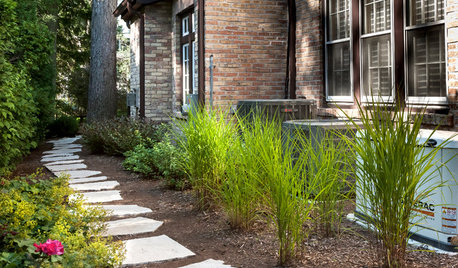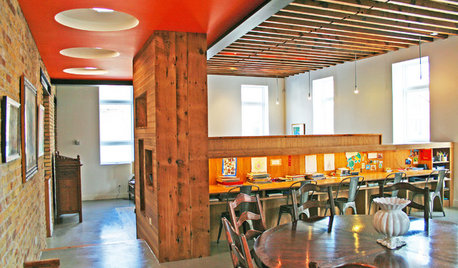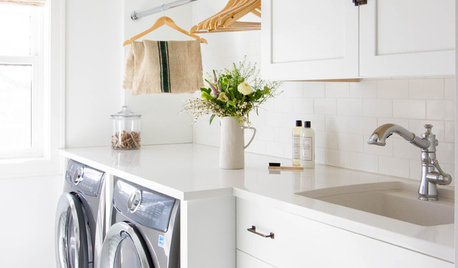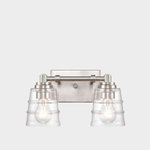We purchased a 5300 sq/ft. property on the CT shoreline last year which was built in 1992, all with original, contractor-grade mechanicals. We have an oil-fired boiler, and four A/C units (10 tons total) in a four-zone hydro system. Although we've had minimal problems thus far, we knew that the A/C units weren't going to last given their age. We're also paying between $6-$7K annually in heating oil costs with no NG options available.
As we hope to be in this home for ~20+ years, I'd like to take steps now to refresh the mechanicals to no only avoid what I'm sure are to be near-term failures, but also to drive some energy cost efficiencies. I had originally looked at replacing our original boiler with an efficient alternative unit, but I would then be forced to also replace the A/C condensers and coils (it's all R-22 presently). At $6K (conservatively speaking) for each A/C unit, and $10K for the boiler, I was looking at $34K for all new mechanicals using traditional sources.
Enter geothermal. The quote I received from a well known company in our area was ~$68K for a 10-ton split system with three vertical ground loops. Subtract the 30% tax credit and that drops to ~$48K, or $14K more than the conventional refresh which is still a substantial price differential.
That said, the back-of-the napkin ROI calcs seem to suggest that this makes sense, particularly given how long I hope to be in the home. My question therefore is less about economic benefit because based on all my research, I don't think there is any doubt about that.
My question is about overall experience with geothermal, particularly in New England where it gets SUPER cold and also pretty hot. I understand and trust conventional oil-fired heat and electric A/C systems, so how does geothermal stack up from a performance/reliability standpoint? I'm particularly curious as to how it performs on the very coldest days of the year.
I'm interested in any experiences, particularly if you have a system running in CT/New England!










tigerdunes
DieselWMBOriginal Author
Related Professionals
Coachella Solar Energy Systems · La Mirada Solar Energy Systems · Madison Solar Energy Systems · Sanger Solar Energy Systems · Wildomar Solar Energy Systems · Eden Prairie Solar Energy Systems · Coronado Home Automation & Home Media · El Monte Home Automation & Home Media · Fairfield Home Automation & Home Media · Leesburg Home Automation & Home Media · Medford Home Automation & Home Media · Ponte Vedra Beach Home Automation & Home Media · Tarpon Springs Home Automation & Home Media · Weymouth Home Automation & Home Media · North Versailles Electriciansmike_home
tigerdunes
DieselWMBOriginal Author
2ajsmama
mike_home
fsq4cw
DieselWMBOriginal Author
mike_home
lepages
2ajsmama
lepages
2ajsmama
big_al_41
User
mike_home
2ajsmama
User
2ajsmama
Steve53
2ajsmama